Ship to: Update
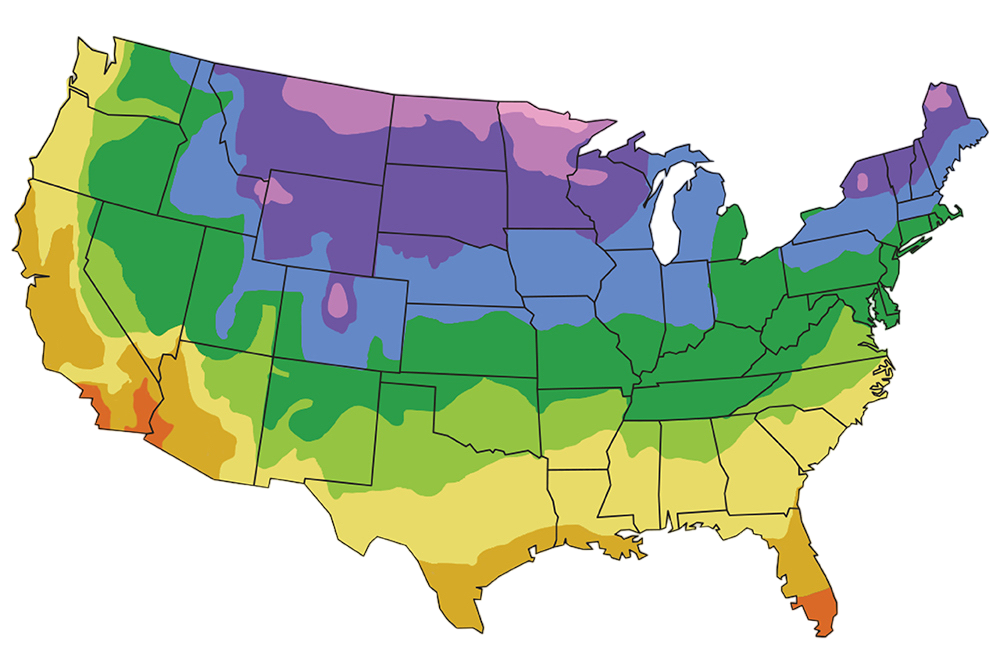
Plants Filter
Current Filters
Mature Height
Sunlight
Plant Type
Junipers
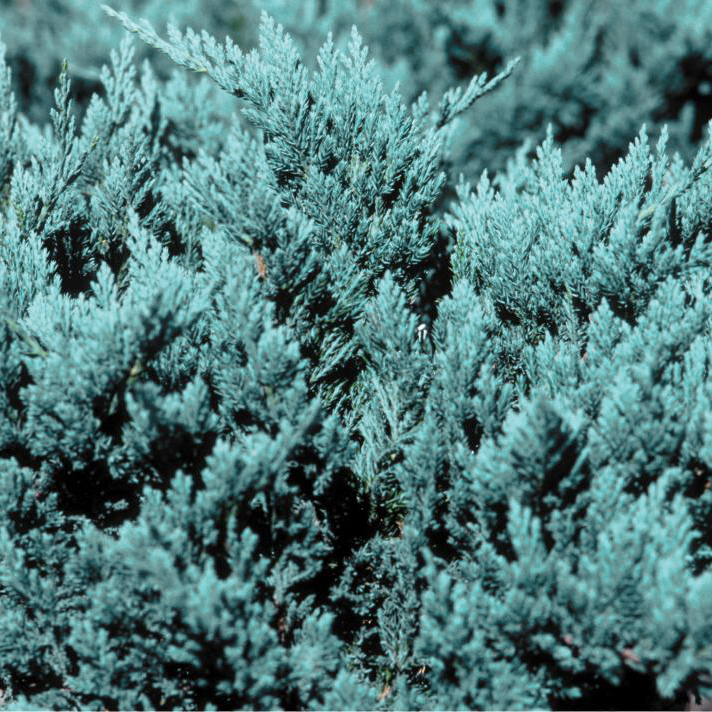
Blue Chip Juniper
Out of Stock
30% Off
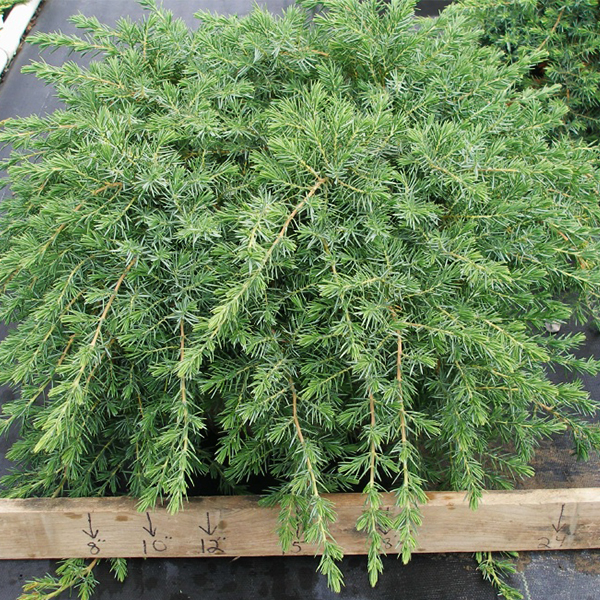
Blue Pacific Juniper
Out of Stock
30% Off
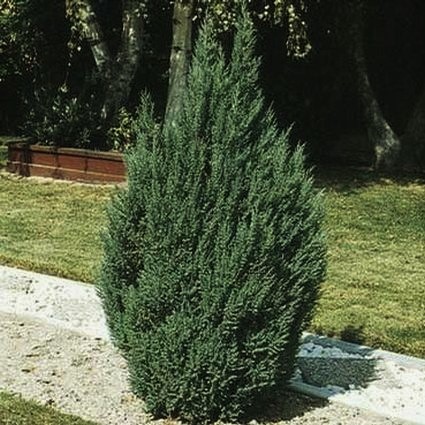
Blue Point Juniper
Out of Stock
30% Off
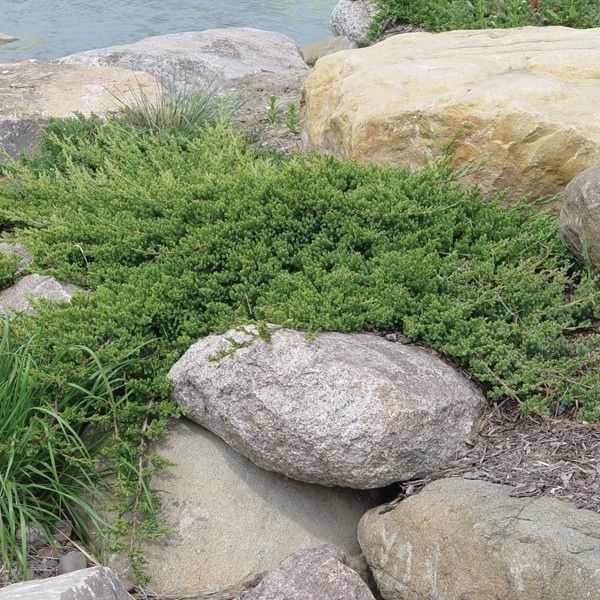
Blue Rug Juniper Plant
Out of Stock
30% Off
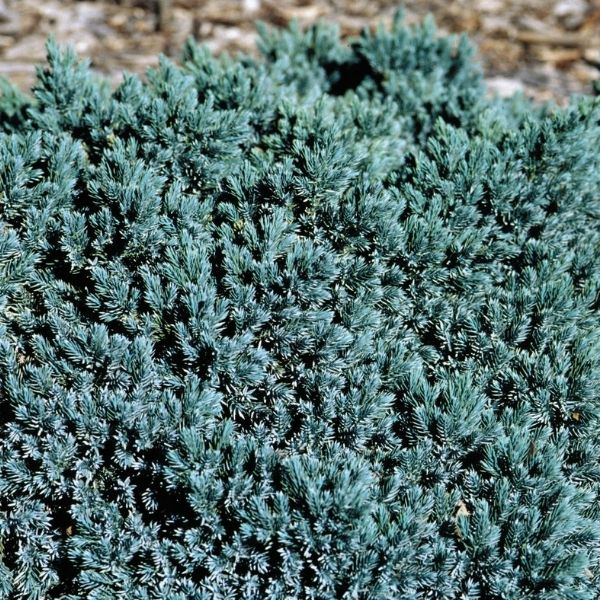
Blue Star Juniper
Out of Stock
30% Off
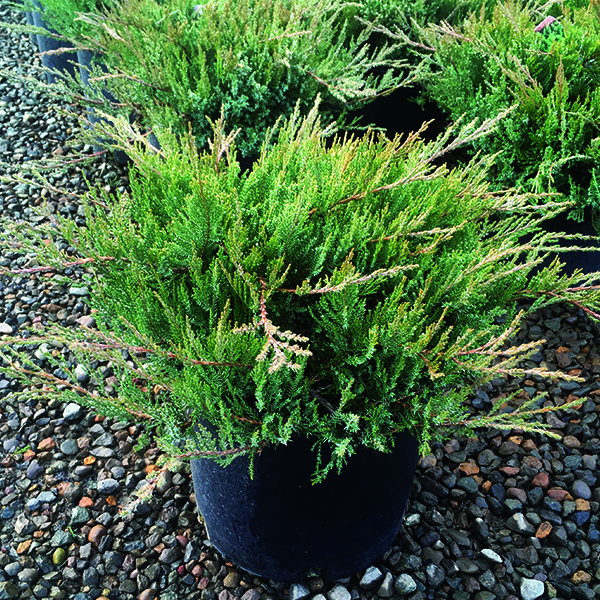
Broadmoor Juniper
Out of Stock
30% Off
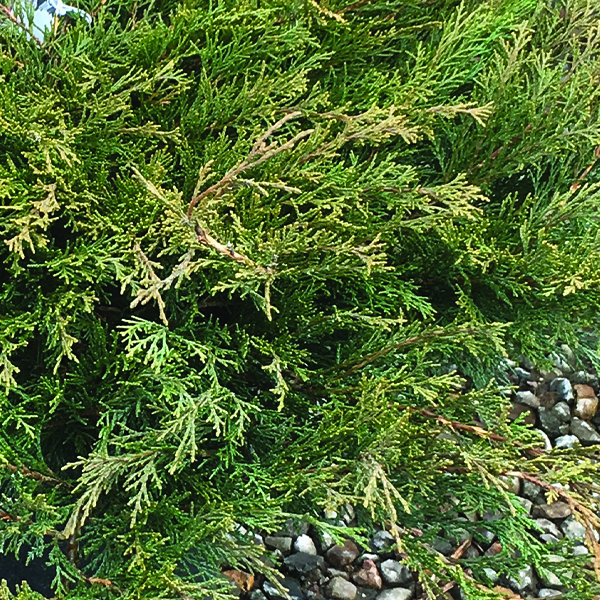
Calgary Carpet Juniper
Out of Stock
30% Off
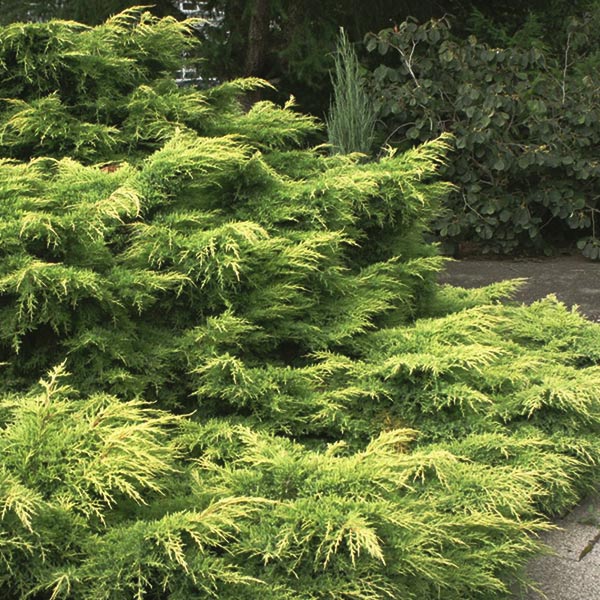
Gold Lace Juniper
Out of Stock
30% Off
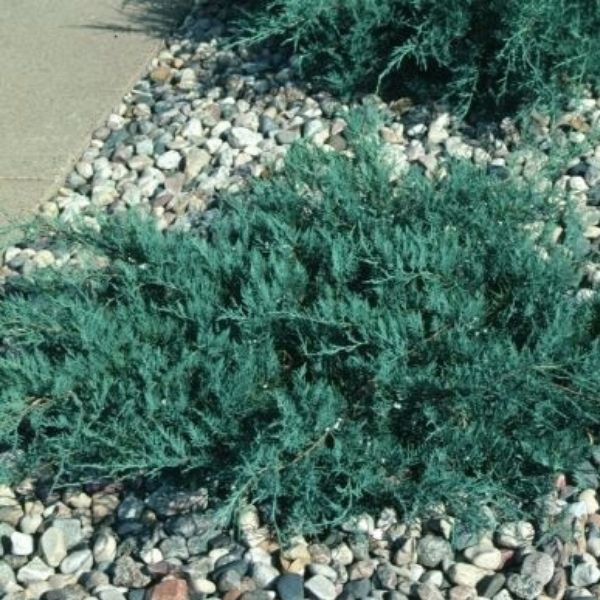
Gray Owl Juniper Plant
Out of Stock
30% Off
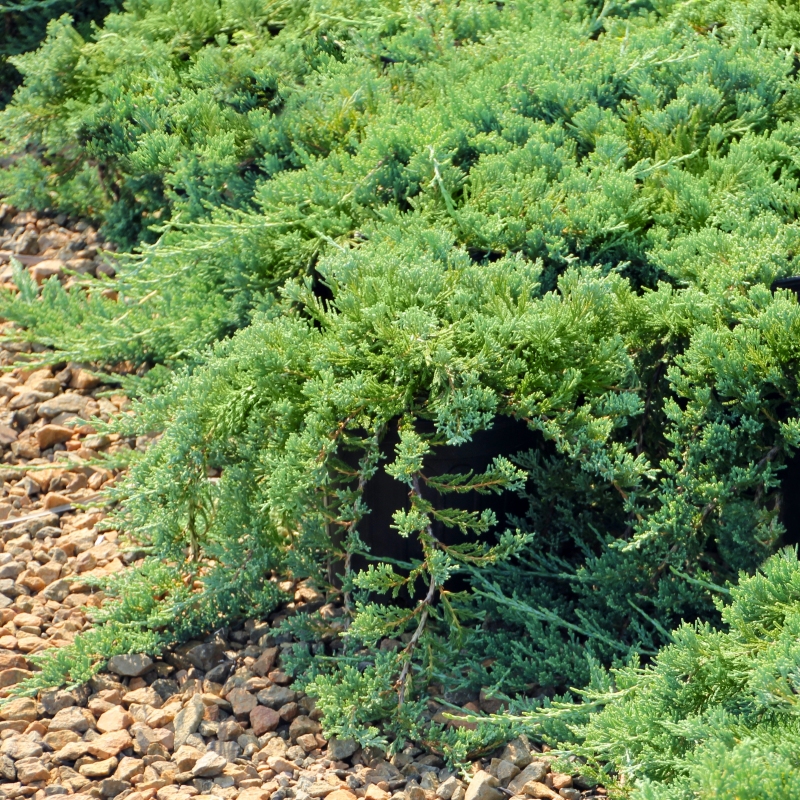
Green Sargent Juniper Plant
Out of Stock
30% Off

Grey Owl Juniper
Out of Stock
30% Off

Juniper 'Blue Pacific'
Out of Stock
30% Off

Juniper 'Blue Rug'
Out of Stock
30% Off
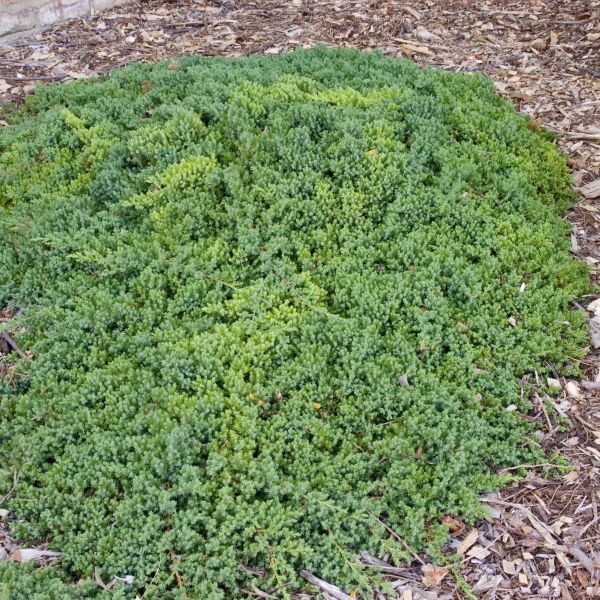
Juniper 'Procumbens Nana'
Out of Stock
30% Off
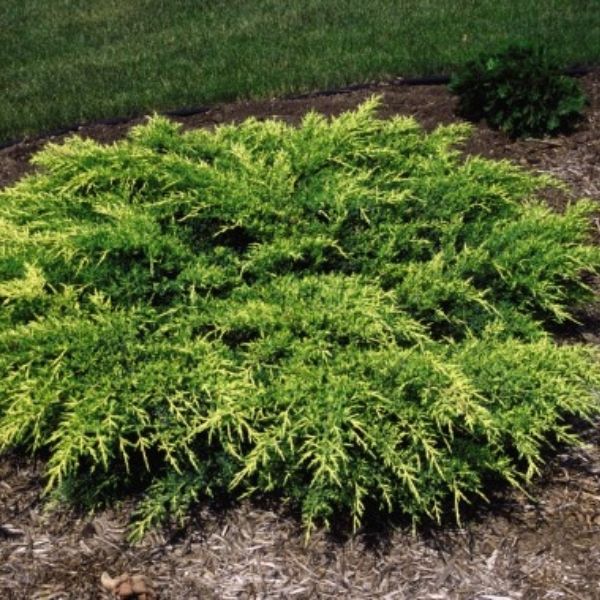
Old Gold Juniper
Out of Stock
30% Off
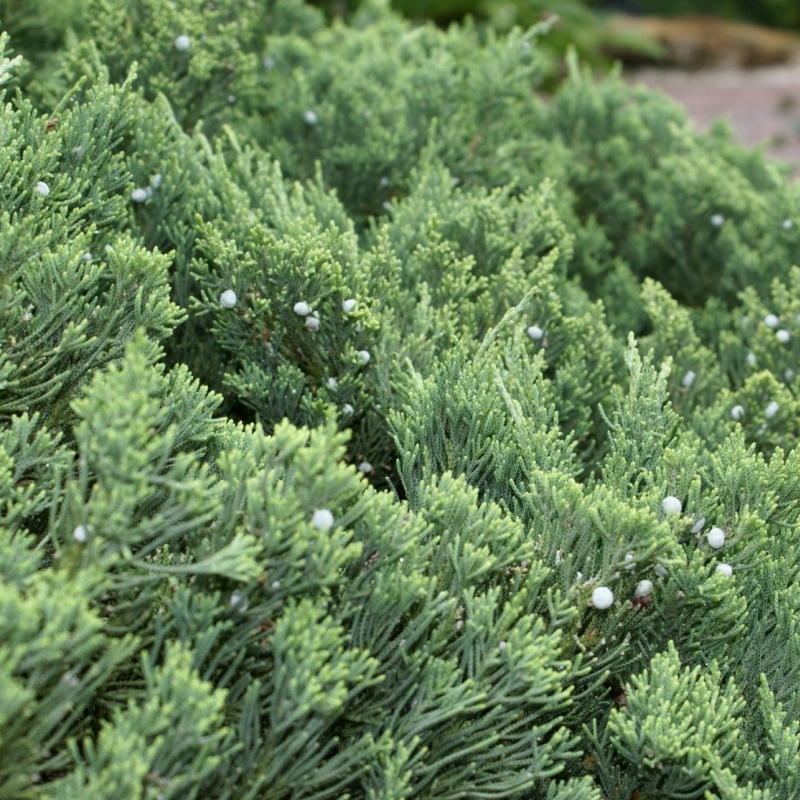
Parsonii Juniper Plant
Out of Stock
30% Off
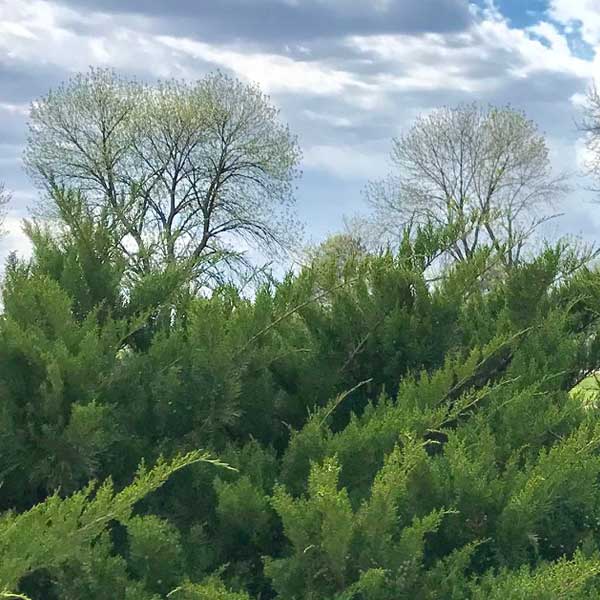
Sea Green Juniper
Out of Stock
30% Off
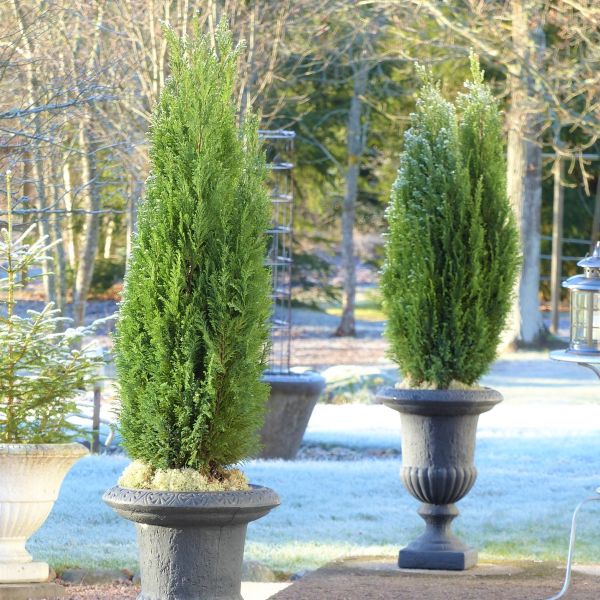
Spartan Juniper
Out of Stock
30% Off
Junipers
Juniper is a genus of evergreen coniferous trees and shrubs in the Cupressaceae family. These hardy and resilient plants are widespread across the Northern Hemisphere, with various species found in North America, Europe, Asia, and the Middle East. Junipers are known for their dense, needle-like or scale-like leaves and their characteristic berry-like cones, known as "juniper berries." The foliage of junipers varies in color, ranging from dark green to silver-blue or golden-yellow, depending on the species and variety.
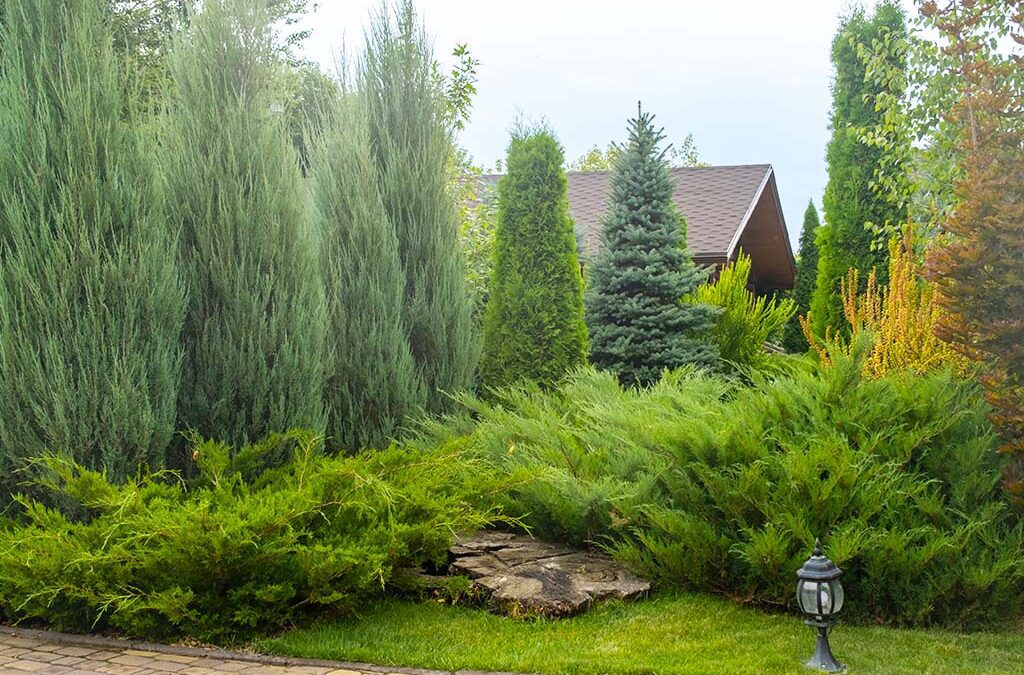
Common Types: There are numerous species and cultivars of juniper, each with its unique characteristics. Some popular ones include:
- Juniperus communis (Common Juniper): A low-growing shrub with needle-like leaves and small, dark blue-black berries.
- Juniperus scopulorum (Rocky Mountain Juniper): Native to western North America, with attractive silvery-blue foliage.
- Juniperus chinensis (Chinese Juniper): A widely cultivated species with a variety of cultivars, featuring different shapes and foliage colors.
- Juniperus sabina (Savin Juniper): A low-spreading shrub with scale-like leaves and blue-black berries.
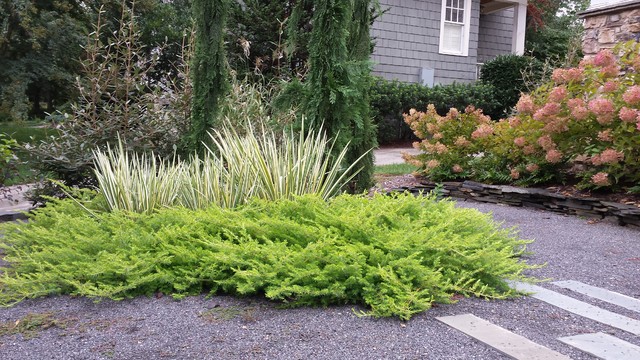
Care Tips:
- Sunlight: Junipers thrive in full sun and require at least 6 to 8 hours of direct sunlight per day for optimal growth and color development.
- Soil: Well-draining soil is essential for junipers. They prefer sandy or loamy soil with good drainage.
- Watering: Junipers are drought-tolerant once established. Water them deeply and infrequently, allowing the soil to dry out between waterings.
- Pruning: Prune junipers as needed to maintain their shape and size. Avoid pruning into old wood, as junipers do not regenerate growth from bare branches.
- Fertilization: Junipers are generally low-maintenance and don't require heavy fertilization. A balanced fertilizer applied in the spring can support healthy growth.
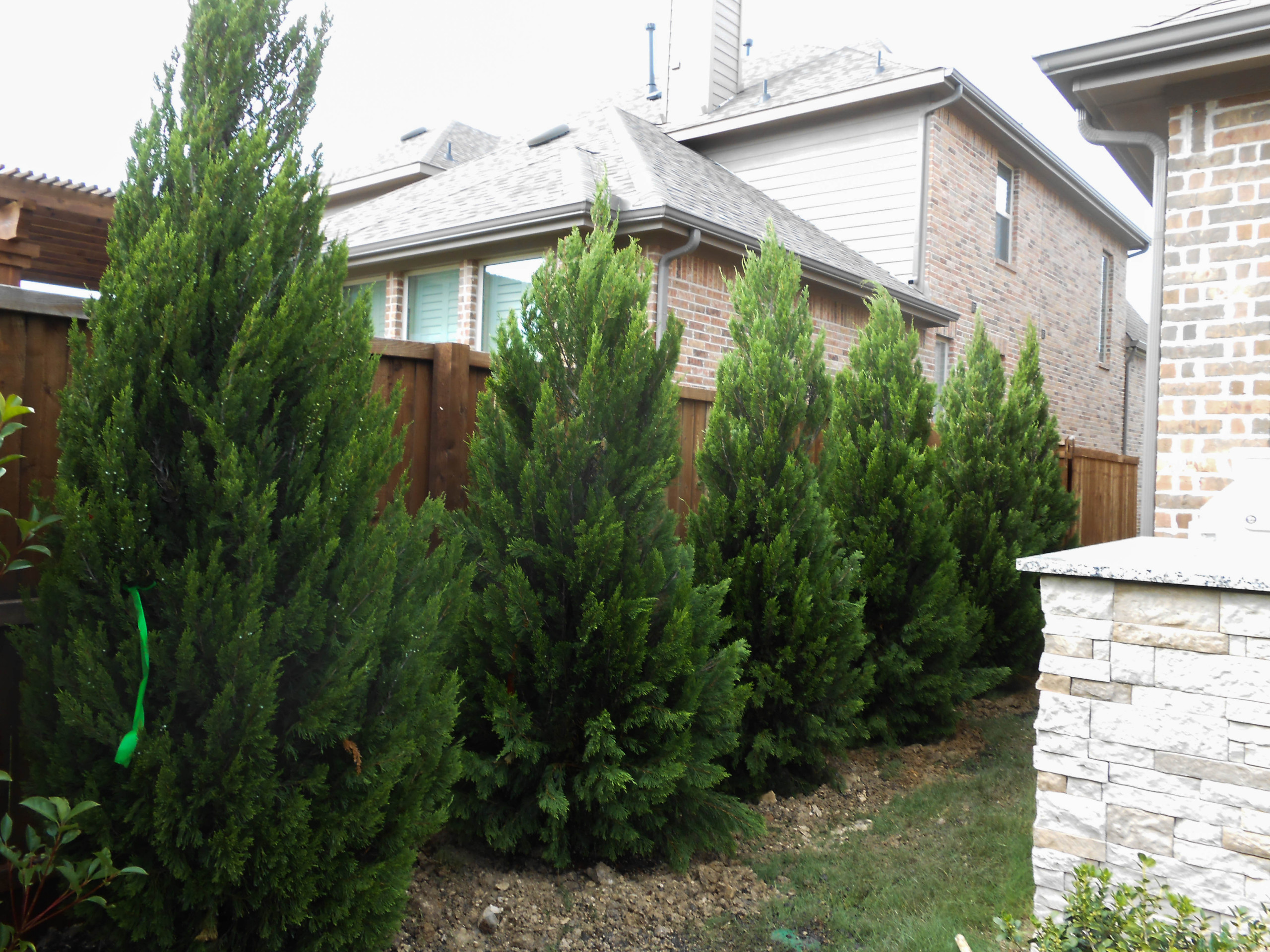
Uses:
- Landscaping: Junipers are popular choices for landscaping due to their evergreen nature, various forms, and resistance to harsh conditions.
- Ground Cover: Low-growing juniper varieties are often used as ground covers to control erosion and add greenery to slopes and rocky areas.
- Hedges and Privacy Screens: Some upright juniper varieties can be used to create hedges or privacy screens in gardens and landscapes.
- Bonsai: Certain juniper species are highly prized for use in bonsai cultivation, appreciated for their small, compact growth habit.
Junipers are admired for their resilience, versatility, and attractive foliage, making them valuable additions to a wide range of landscapes and gardens. Whether used as ground covers, hedges, or ornamental specimens, junipers continue to be cherished for their ability to provide year-round greenery and enhance the beauty of outdoor spaces. Additionally, the juniper berries of some species are used in culinary applications and the production of gin and other beverages.
Item has been added to your cart.

